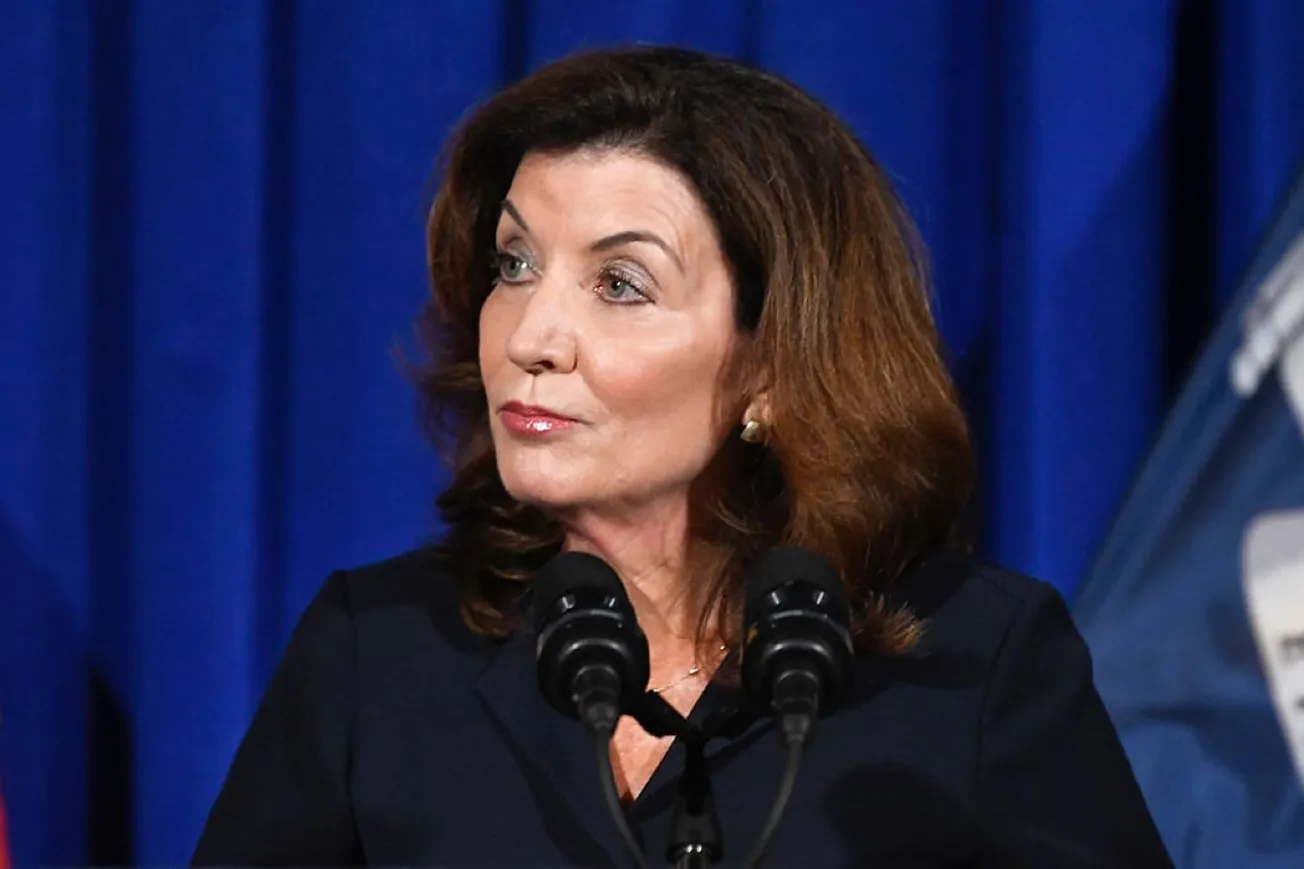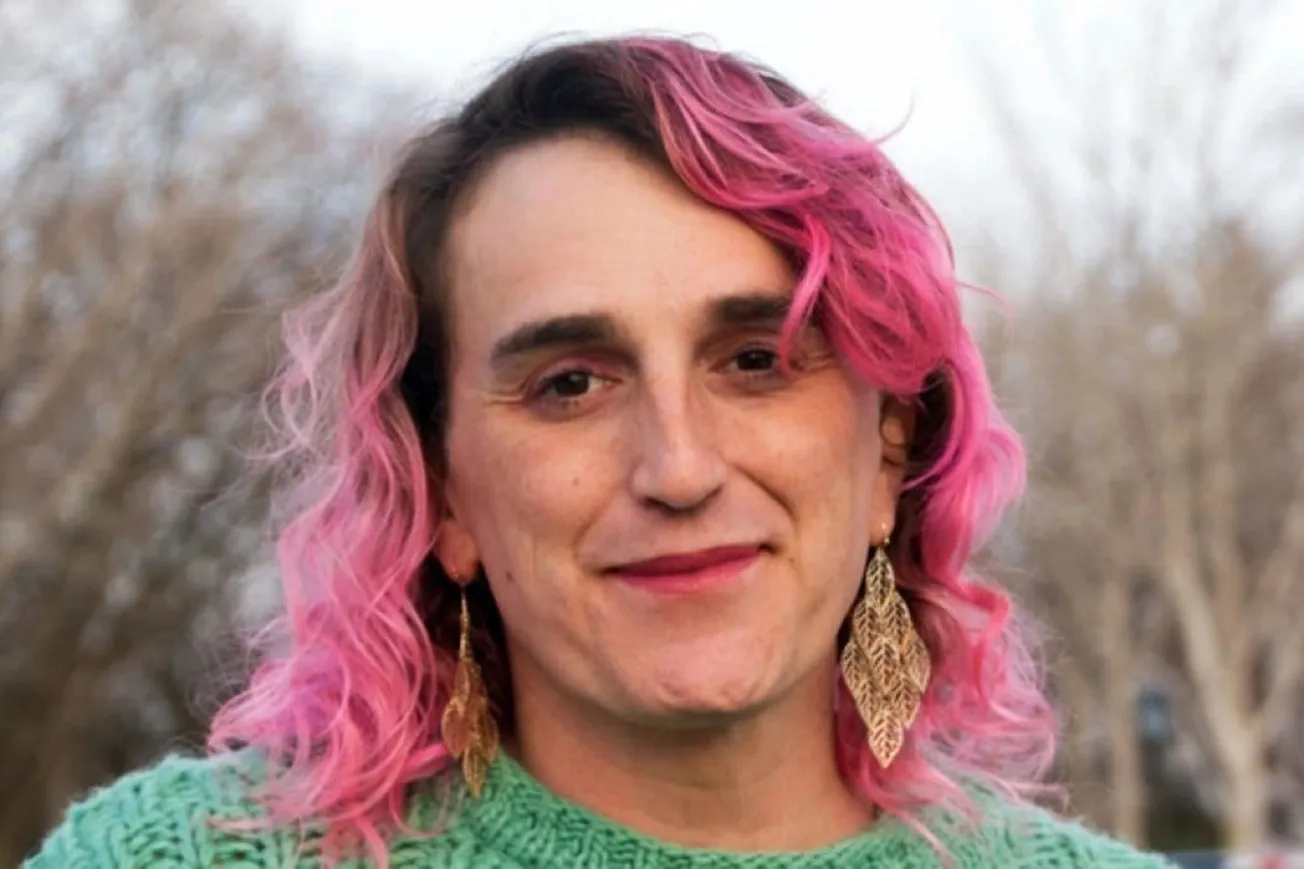Noting that “approximately half of U.S. adults reported experiencing measurable levels of loneliness” even before COVID-19 hit, the U.S. Surgeon General Dr. Vivek Murthy stated in an advisory issued in May that “loneliness and isolation increase the risk for individuals to develop mental health challenges in their lives.”
In the past decade, there has been a marked shift towards a more holistic approach to health; physical well-being is no longer the only criterion. Mental well-being and practices promoting the same are getting increased attention, supported by increasing research and data.
In an exclusive Newsmax/TIPP Poll of 1,464 American adults taken in December 2023, 86% agreed that the U.S. is currently facing a mental health crisis. Only a tiny minority, 8%, disagreed, while the rest were unsure about the situation.
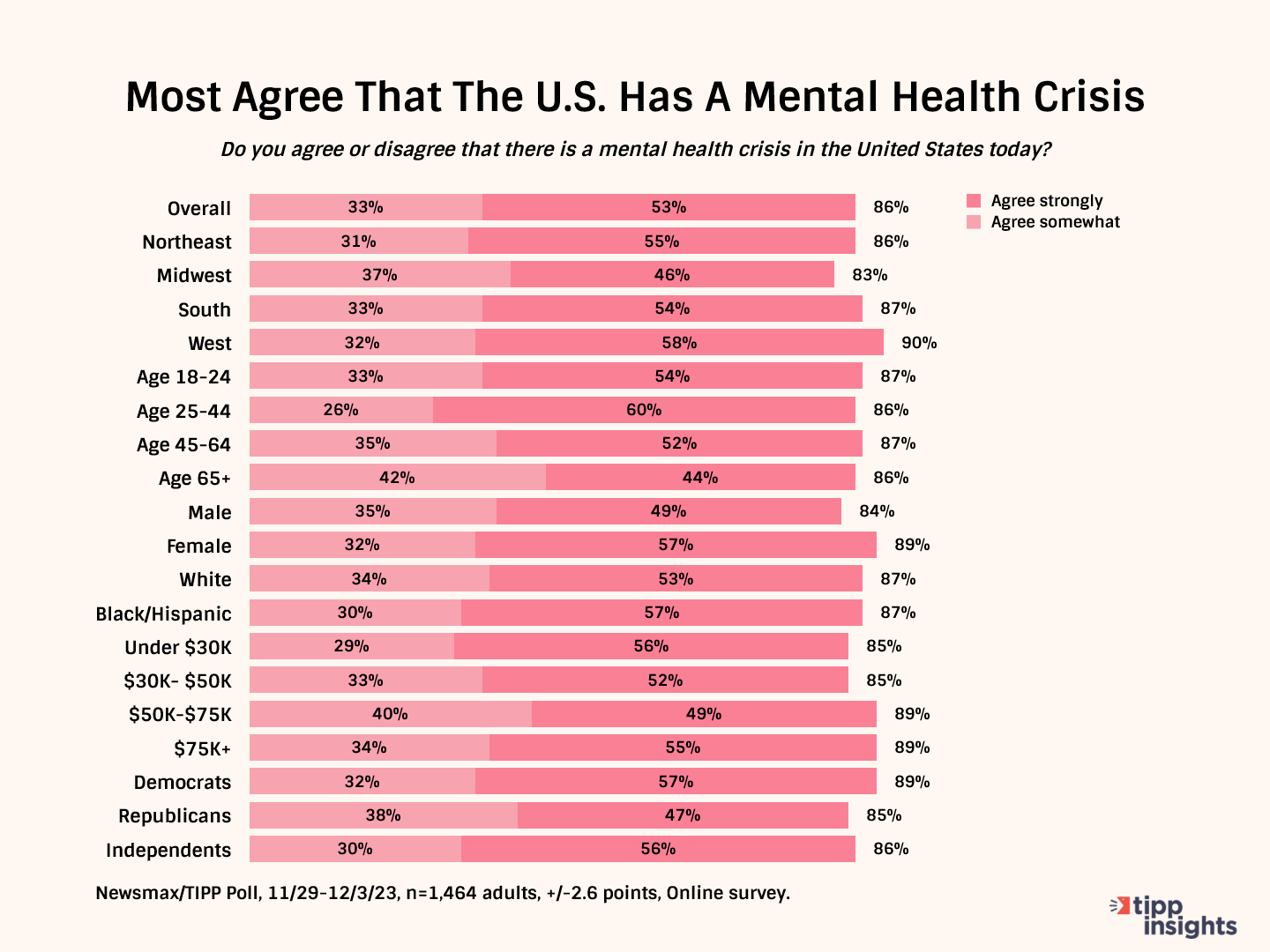
Acknowledging the prevalence of mental health issues has prompted healthcare workers, policymakers, and other stakeholders to begin addressing the crisis. The increased awareness is causing the historic and deeply entrenched stigma and shame surrounding psychological and behavioral issues to slowly give way to devising social and medical infrastructure to deal with the problems.
While nine out of ten people believe that the country is facing a crisis, the survey found that two-thirds (65%) describe their mental health as Excellent/Good, with the remaining third considering it Only fair or Poor. Breaking it down, less than a quarter of Americans feel their mental health is Excellent, while 42% say it is Good. More than a fifth, 22%, rate their state as Only fair, and 11% acknowledge that it is Poor.
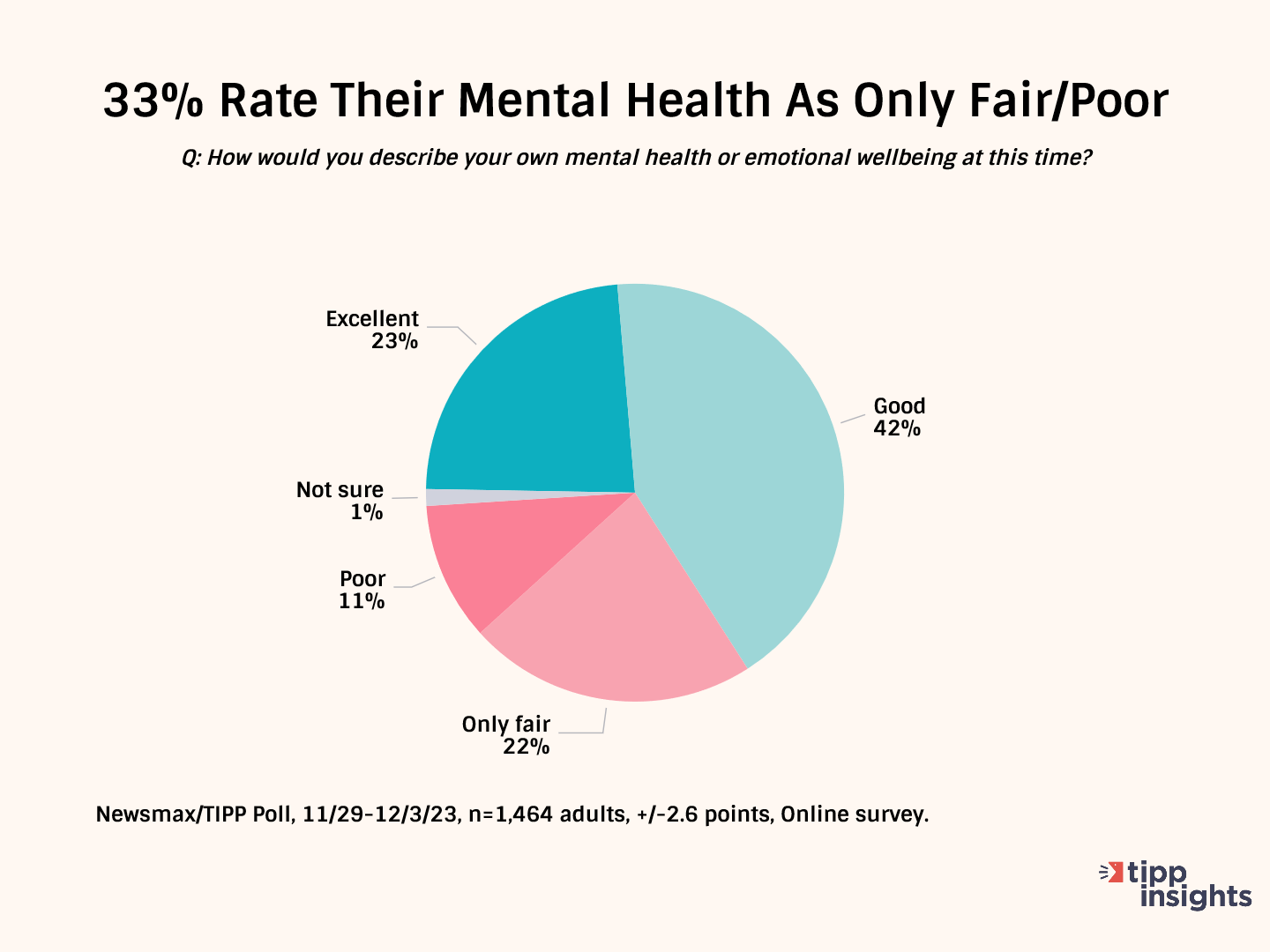
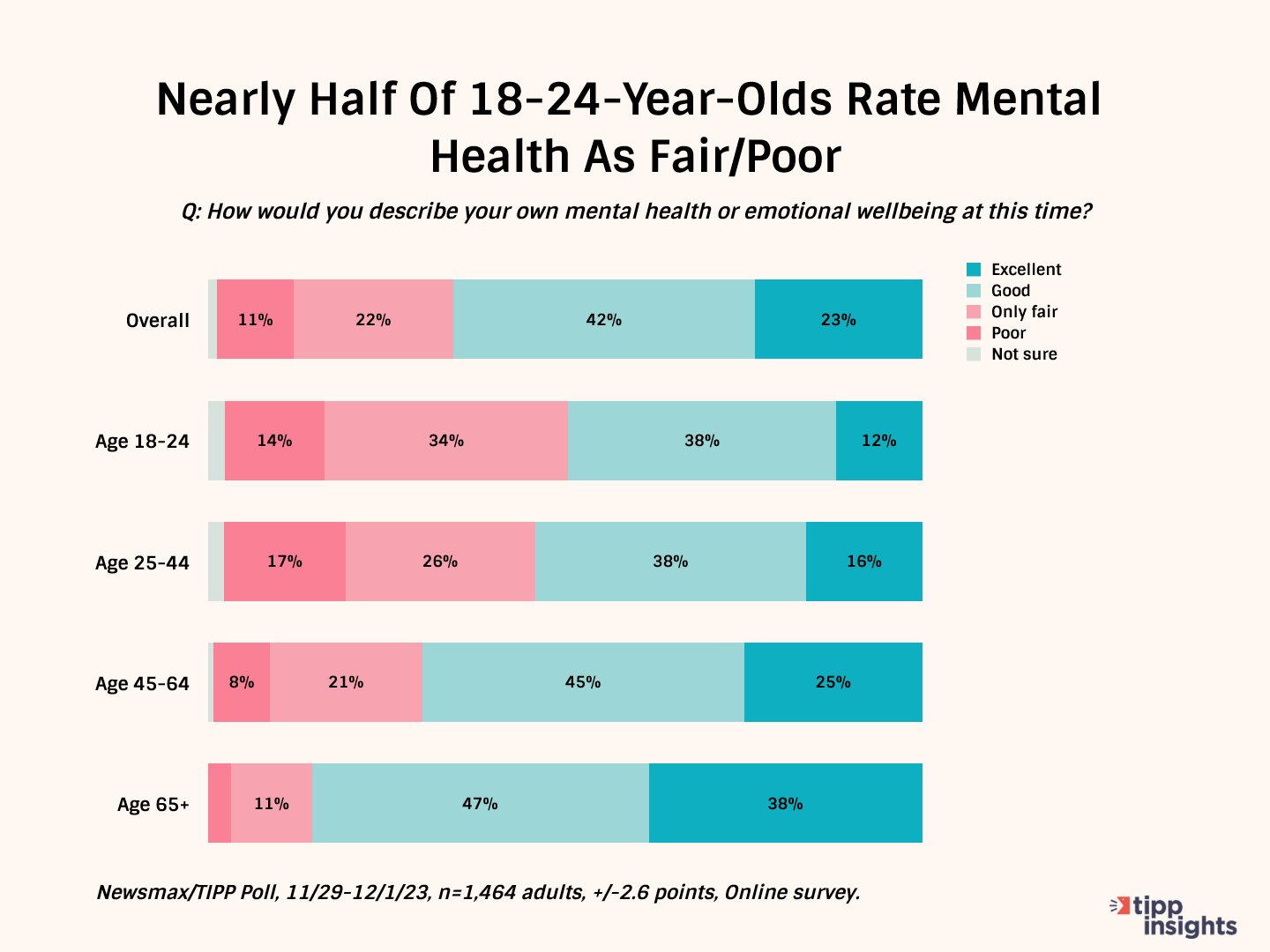
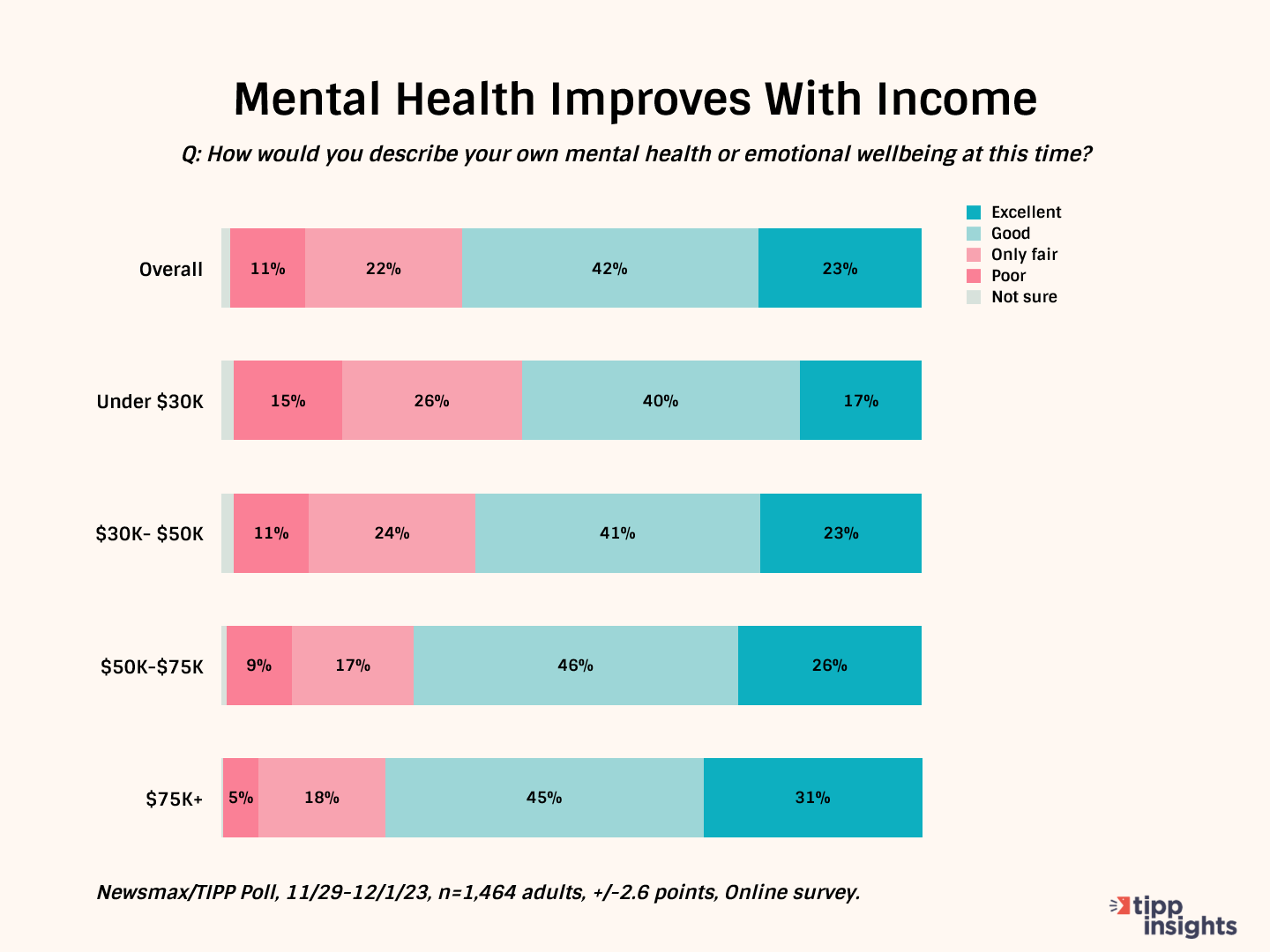
Mental health is a complex and multifaceted phenomenon requiring comprehensive and holistic understanding. It is deeply influenced by numerous interconnected factors ranging from biology to financial stability. Everything from environmental influences, lifestyle choices, healthcare access, work-life balance, psychological factors, and many others positively or negatively impact one’s mental state.
Mental health struggles can lead to a range of problems as individuals lacking robust familial/social connections and access to proper healthcare may turn to harmful methods to cope.
The undeniable connection between mental health troubles and drug abuse is well documented. Some start experimenting with drugs in their efforts to cope with stress or to relax, unaware that healthy stress management is a vital facet of mental health. Individuals struggling with chronic depression, anxiety, or post-traumatic stress disorder (PTSD) are at a higher risk of abusing drugs, which could lead to addiction. The complex issue has become a challenging public health crisis in the U.S., with the administration terming it an “opioid epidemic.”
Three-fourths of Americans, 75%, consider the drug epidemic prevalent in the country a worrying issue. Almost two-fifths, 39%, described it as a “crisis.” Over a third, 36%, said it was a “very big problem.” Slightly more than a tenth, 14%, viewed the issue as a “moderate problem,” 5% said it was a “small problem,” and 2% felt it was not a problem.
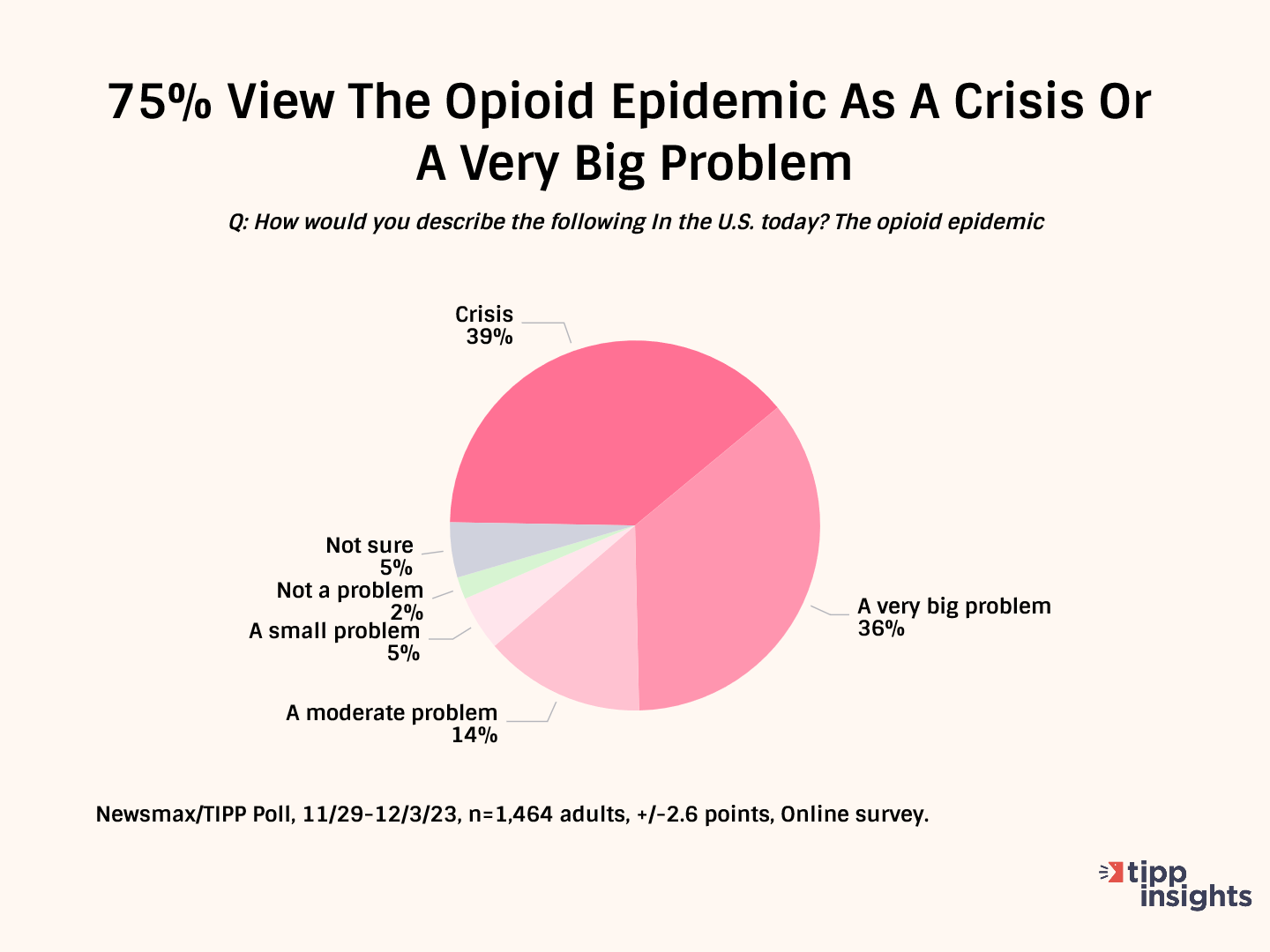
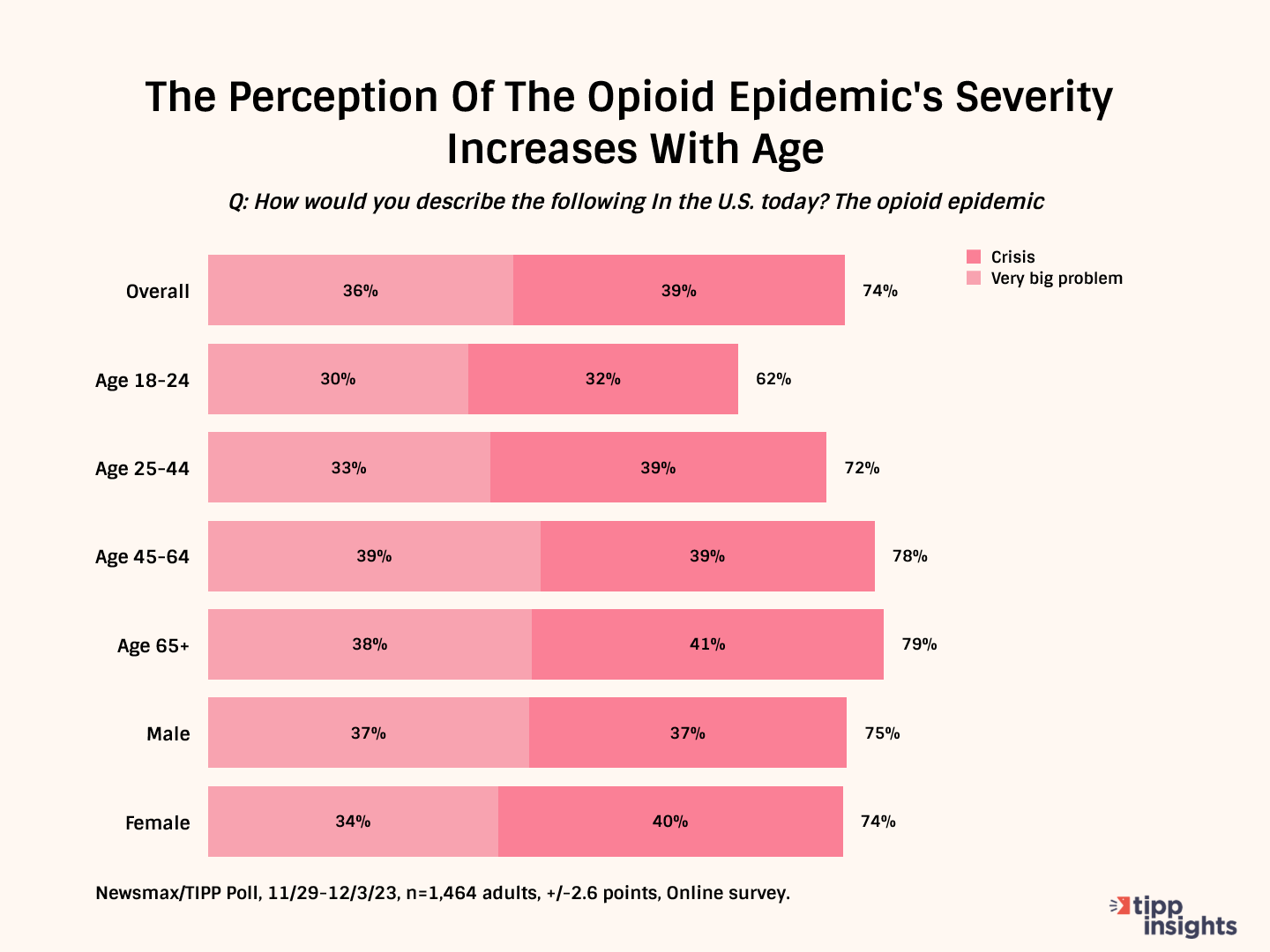
Though a vast majority of those with mental health conditions do not cause violence to others, access to weapons compounded by a lack of support systems and safe channels may cause individuals to cause harm to others. While the unacceptably high rate of gun violence in the country requires a nuanced and comprehensive approach, it cannot be denied that mental health struggles contribute to such behavior.
The Newsmax/TIPP Poll found that seven in ten find gun violence related to mental health in the country as a deeply concerning issue. More than a third, 36%, see it as a “very big problem,” and another 35% describe it as a “crisis.” Close to a fifth, 17%, chose to view it as a “moderate problem,” while a handful, 5%, did not consider it troublesome.
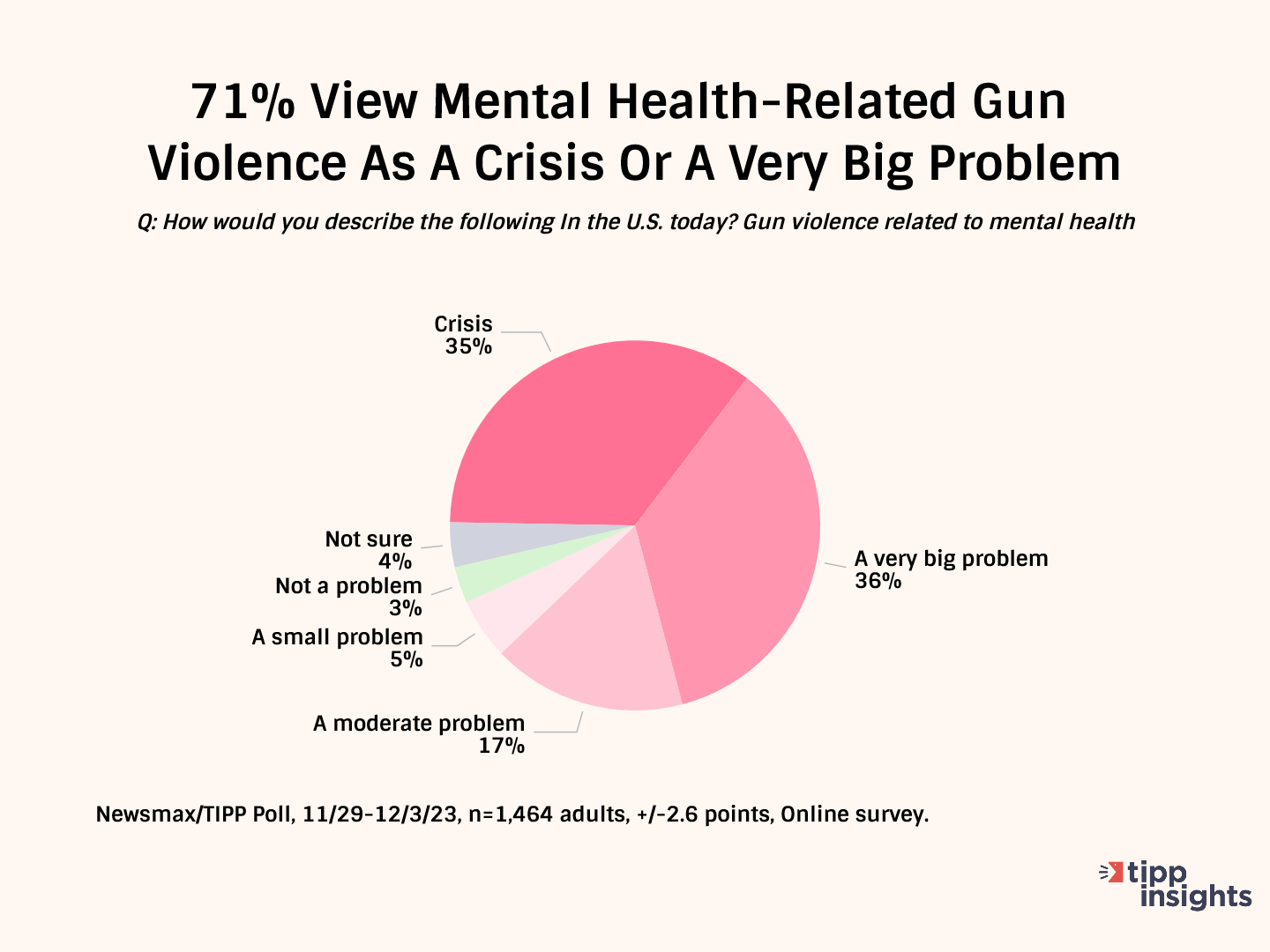
Mental health is a personal and unique experience. But it is necessary to remember that individuals create a society, and the collective largely reflects the state of the majority. Addressing mental health concerns is vital to building healthy and more resilient communities for the future.


